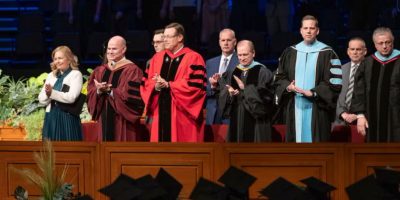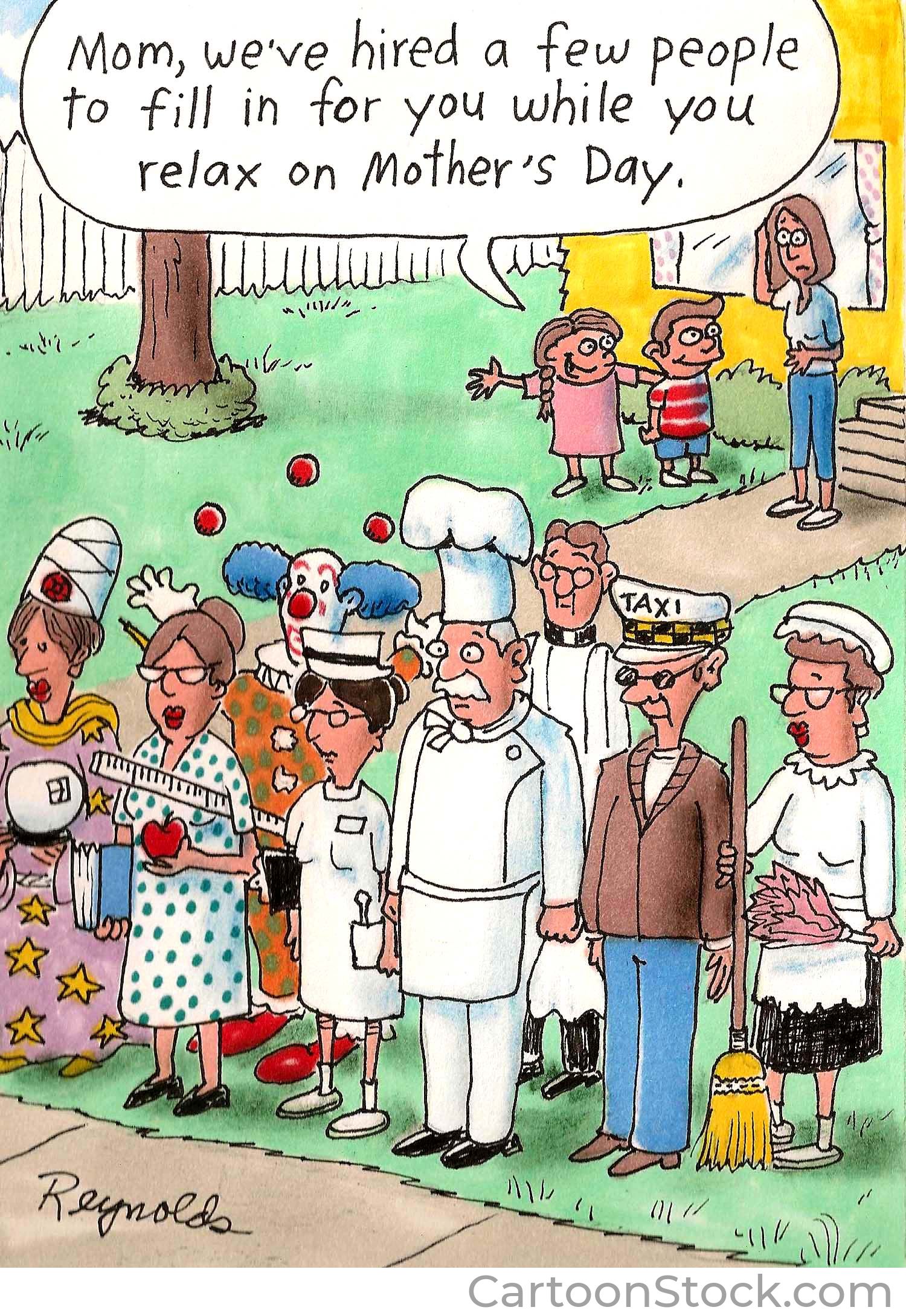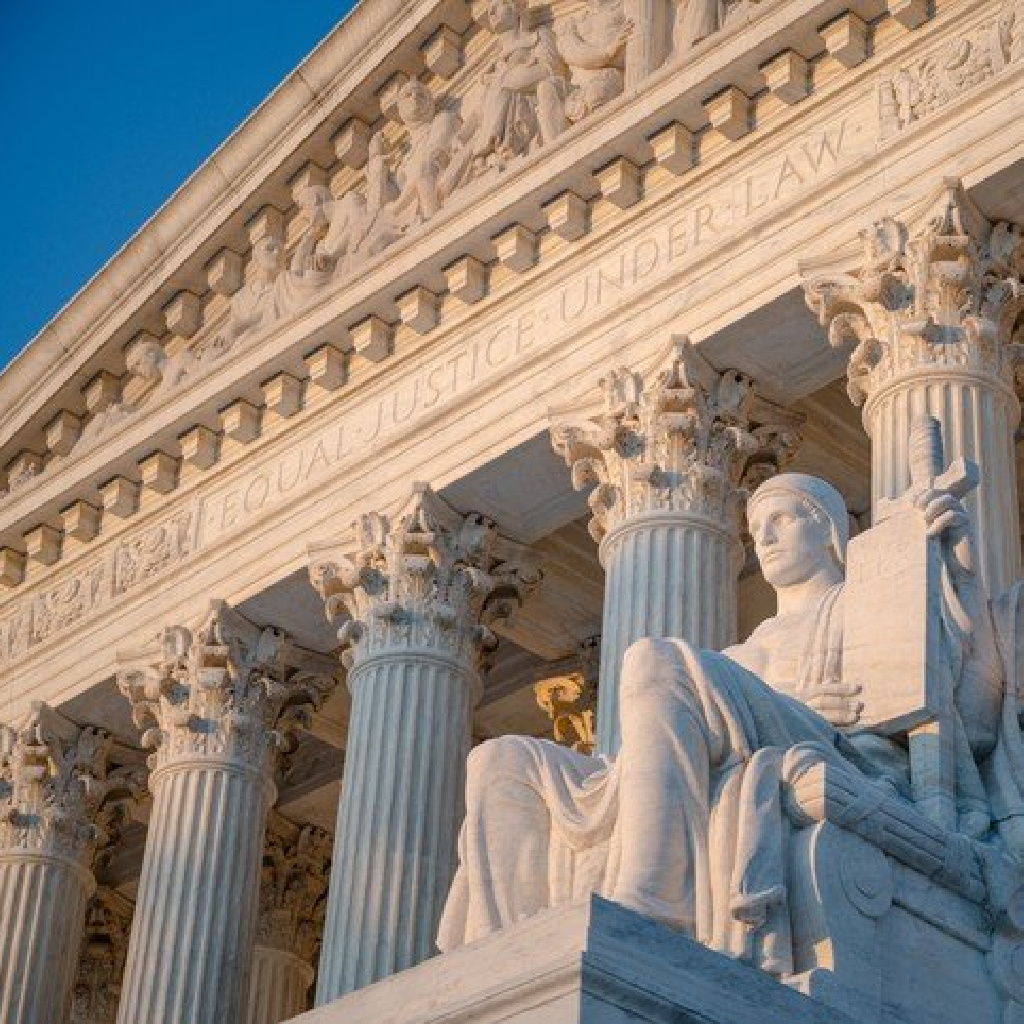Soon after the contentious 2016 US presidential election, I turned on Colorado Public Radio and experienced something rather unusual. Instead of hearing a seasoned talk show host pose provocative questions to polished political spokespersons, I heard the clanging of glasses, forks to dishes, and casual chatter.
As I tuned in more closely, I realized that I was listening to a dinner table conversation among a diverse group of Colorado voters. Paying even closer attention, I noticed that the dinner guests were amicably discussing really hot political topics without getting riled. Reconciliation implies that we actually try to connect with someone who has offended us.
While I had never listened to a dinner table conversation on the radio before, I was surprised by how warmly and openly these “dinner guests” were talking with their so-called political enemies. Soon, the broadcast narrator explained Denver Public Radio’s novel approach to reconciliation. Rather than grill voters and expose their many differences, the show producers brought voters to a literal dinner table to have a different kind of exchange with each other. Perhaps, the radio producers were aware that the word “reconciliation” stems from the Latin root “to sit again with.”
When we reconcile with others—whether political rivals, family members, or even neighbors—we seek to restore relationships with each other and attempt to integrate our divergent views into a shared narrative. Unlike forgiveness, which can take place without seeking to mend an interpersonal relationship, reconciliation implies that we actually try to connect with someone who has offended us or whom we have offended. When we reconcile, we cease estrangement, which implies “alienation” and “being strangers to each other.” When we seek reconciliation, we suspend our disbelief about the other’s goodness and seek connection in an attitude of curiosity, humility, and courage.
My own Experience with Reconciliation
Many years ago as a missionary in southern Japan, I experienced the harrowing, dark experience of being isolated and emotionally hurt by some fellow missionaries. As my “family” in a foreign land, I assumed they would support me rather than make my life more difficult.
At first, I was only verbally isolated. The elders began calling our apartment and only requesting to speak with my native Japanese companion named Sister Suzuki. After weeks of repeat phone calls to check in with my companion, the elders began requesting the presence of my companion at their appointments while I was left to sit outside in the church hallway by myself, feeling unneeded and superfluous.
Following these experiences that left me feeling ostracized and distressed, one afternoon while I was teaching a missionary lesson, my district leader opened the classroom door, pulled up a chair, and took over the lesson I was teaching. Despite my skill with Japanese and substantial missionary experience, he had earlier commented in our district meeting that “if the sisters just had skills in addition to their faith, they would see baptisms.” Soon thereafter, as what felt at the time like a further personal blow, he and his companion chose to send me to another nearby city for two weeks where I learned via mission gossip that this insensitive elder was determined to “pop [my] pride bubble.”
Following my two-week hiatus in the nearby city where the elders had sent me, all the missionaries on the island gathered for a conference. While sitting by myself, I noticed Elder Williams walking up to me with a concerned look on his face. Calmly, but directly, he asked: “Are you okay?”
Knowing him to be a sincere and kind person, I hesitatingly said “No, I’m not,” and spent the next 30-40 minutes in private confidence with him. As I shared my desire to be loved and understood, he hardly said anything, but tears fell down his face in a steady stream of empathy. His presence and caring bridged the great lonely divide I had experienced estranged from all others in a foreign land.
Following our conversation, I was soon transferred to a new area where I could focus on more positive relationships and experiences. Despite the change of scenery and increased calm, I was not personally reconciled to those who had hurt me; they had just been removed from my life for a period of time. True reconciliation about these wounds would unfold over more than ten years through a cascade of gratifying and peace-giving experiences.
Shortly after returning to BYU, I recognized this same insensitive elder walking home on the sidewalk opposite my university apartment. While I thought it was just a fluke, I soon realized that he lived just across the street from me. I ended up seeing him in person several times a week. While I never discussed anything with him, provoked by his continued presence, I sought forgiveness through a private, spiritual process that allowed me to move on.
However, more than a year after returning home, I opened my BYU apartment door to find Sister Suzuki standing before me. This reserved, formal Japanese woman took me in her arms and said over and over again, “I am so sorry that I wasn’t there for you. I didn’t really understand what was going on. Please forgive me. Please forgive me.” As she held me in her arms, I wept. While my wound had been deep, her reassuring arms, words, and obvious understanding of my pain bridged the gap between us. We were reconciled as sisters once again.
Lastly, more than a decade after my missionary service, I turned around in a church class to find the insensitive elder’s companion seated behind me all the way from Asia. His very presence rattled me and brought back the actual feelings of heartache and distress that I had experienced so many years prior.
Believing his presence in my life to be an inspired opportunity, I reached out to him. We began a conversation that helped me understand his point of view—especially the decision to send me to another city that I had considered a punishment. After voicing the sources of my pain, I learned that he had been aware of my angst, but honestly assumed that time in another city would help me. Learning about his positive motivations helped me to understand and ultimately forgive him for his part in the darkest days of my mission. Real dialogue led to greater understanding, which lessened any divide still between us.
How does reconciliation relate to peacemaking?
As reflected here, reconciliation is a powerful form of peacemaking. Rather than merely the absence of war, peace implies an increase or restoration of tranquility, calm, understanding, and connection. Truly, peace is no abstraction, and has beautiful substance; once created, this peace can be woven throughout humanity via our sincere, ongoing acts of justice, grace, and love. One powerful way we create peace is through constructively handling the conflicts and misunderstandings we face, both individually and collectively.
Reconciliation, as I sought with my fellow missionaries, lies at the heart of resolving conflicts, which usually originate from real or perceived incompatible goals. When we seek to reconcile with others, we replace our immediate goal to be right, to win, to hold onto hurt, or to obtain some coveted prize, with the goal of demonstrating love, concern, and connection. “Blessed are the peacemakers” because they choose to create and mend rather than demean and destroy.
To create greater peace through reconciliation with others, then, we must do more than wish or hope for better relationships. President Joseph F. Smith said during the middle of WWI: “Peace comes by preparing for peace, through training the people in righteousness and justice” (Improvement Era, Sept. 1914, pp. 1074-75).
Adding to this idea, Elder John A. Widtsoe stated: “The only way to build a peaceful community is to build men and women who are lovers and makers of peace. Each individual, by that doctrine of Christ and His Church, holds in his own hands the peace of the world. That makes me responsible for the peace of the world and makes you individually responsible for the peace of the world” (In Conference Report, Oct. 1943, p. 113). We literally cannot survive for long without each other.
Going even deeper, Prophet David O. McKay declared, “Peace will come and be maintained only through the triumph of the principles of peace, and by the consequent subjection of the enemies of peace, which are hatred, envy, ill-gotten gain, the exercise of unrighteous dominion by [people with power]. Yielding to these evils brings misery to the individual, unhappiness to the home, war among nations (Gospel Ideals, Salt Lake City: Deseret Book Col, 1953, p. 280).”
From the social sciences, we know that we are social beings intimately linked together for connection and survival. That means inevitably and inescapably, we are seriously affected by the thoughts, feelings, and actions of those around us. We literally cannot survive for long without each other. From those from Christian faith backgrounds, they believe that God expects us to seek reconciliation with each other even before we go to worship Him (see Matthew 15:22-24; Matthew 15:18). While most of us understand the importance of reconciling with others, we also know that it can be very difficult for a variety of reasons. Rather than dwell on why we resist reconciling with each other, I suggest we focus on how we can (1) prepare to reconcile with others, and (2) begin taking the steps of actually reconciling with others once we are prepared. As the Lord says in one sacred Latter-day Saint text, “if ye are prepared, ye shall not fear.”
How do I prepare to reconcile with others?
In his recent book Fault Lines: Fractured Families and How to Mend, Professor Karl Pillemer of Cornell University lays out tangible steps for overcoming estrangement, especially in families. Following five years of intensive research on the process of reconciliation, he suggests the following:
(1) Consider if you’re really ready to reconcile. One way to tell that you might be ready is by experiencing feelings of anticipated regret like “Will it be too late?”
(2) Think of key questions to ask yourself such as “What do I want out of a restored relationship?” and “What if the other person is not willing to reconcile?”
(3) Develop a plan and consider counseling to sort through your questions and concerns. There is no weakness in seeking wisdom and guidance from professionals.
(4) Explore your role in the estrangement. This isn’t about accepting blame but understanding how you might have been involved.
(5) Reduce your expectations about the actual experience of reconciling. Recognize some of the more difficult possibilities that may occur. For instance, the person may not have changed; may not accept you; they may even hurt you further if you make yourself too vulnerable.
(6) Give up on being right and accept that the other person may never apologize to you.
As we prepare to engage in actual steps of reconciliation, we can flesh out our options and seek guidance and counsel. Some of these steps may require time and considerable personal reflection.
How do I begin reconciling with others and mending relationships?
Once we are ready to seek direct reconciliation with another person, we should consider the actual steps required to rebuild a relationship if the other person is interested. In my experience, these include:
- Sharing your desire to reconcile. This can be conveyed through a kind gesture, a written note, a phone call, or another form of communication.
- Giving it time and keeping your expectations in check. We are not all ready at the same time to bridge our divides.
- Acknowledging what has hurt you with words like: “I felt so much pain when you left, and I never heard from you again” rather than blunt assertions that can feel overly accusing, such as “You hurt me so badly.”
- Listening to the other person’s perspective and demonstrating that you heard their perspective by summarizing such as: “I hear you saying that you were confused about how to respond and were waiting for me to initiate the first step?”
- Apologizing for anything you have done wrong. “I’m so sorry that I never shared what hurt me with you” or “I’m sorry that I tried to tear you down because I was so angry.”
- Asking for and accepting forgiveness. “Will you forgive me for saying all those awful things when you left?” and “Thank you for saying sorry. That means so much to me.”
- Focusing on the present relationship. “What do you think would help us get to know each other again?”
- Beginning to rebuild trust through communication, creating new memories, and acceptance of what is.
Despite the risk of further hurt and rejection, I have learned for myself how much we put ourselves in a position to access greater personal peace, understanding, and connection when we take that leap to reconcile. In fact, Dr. Pillemer of Fault Lines emphasized that “100% of the people who reach out and tried to mend a relationship after estrangement called the act a paramount achievement in their adult lives.”
As ambassadors for Christ in this ministry of reconciliation, Elder Jeffrey R. Holland promised the following:
I testify of the tranquility to the soul that reconciliation with God and each other will bring if we are meek and courageous enough to pursue it. Cease to contend with another, the Savior pled. If you know of an old injury, repair it. Care for one another in love.
My beloved friends, in our shared ministry of reconciliation, I ask us to be peacemakers—to love peace, to seek peace, to create peace, to cherish peace. I make that appeal in the name of the Prince of Peace (“The Ministry of Reconciliation” Elder Jeffrey R. Holland, General Conference October 2018).
From personal experience, I know that reconciliation—even with those who have hurt us deeply—is possible. We may need to forgive certain people through a private, spiritual process as I did, but there are many others who will become our true brothers and sisters again if we open the door to reconciling our differences. May we all hear this appeal from the Lord. In these times of angst, accusation, and agitation, heaven knows it’s exactly what America needs.
















